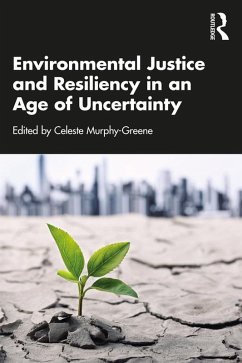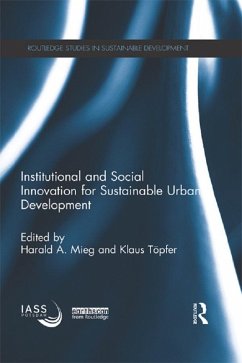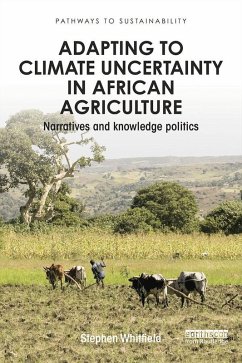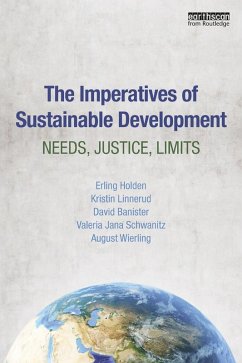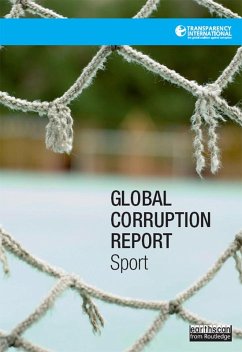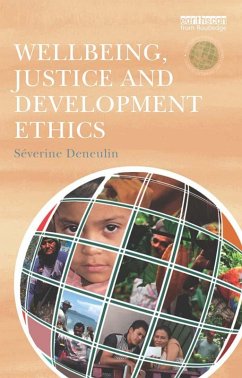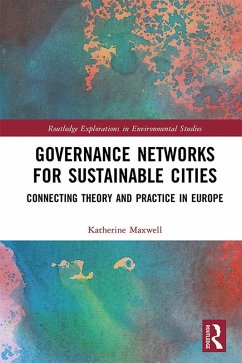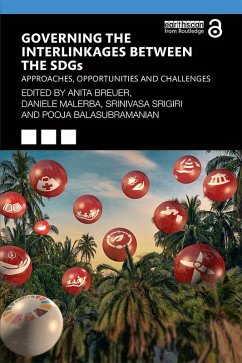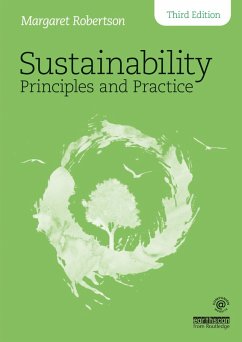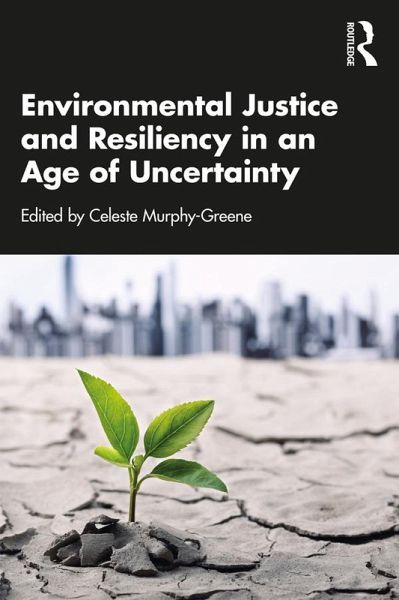
Environmental Justice and Resiliency in an Age of Uncertainty (eBook, PDF)
Versandkostenfrei!
Sofort per Download lieferbar
38,95 €
inkl. MwSt.
Weitere Ausgaben:

PAYBACK Punkte
19 °P sammeln!
This book examines the issue of environmental justice across 11short chapters, with the aim of creating a resilient society.Starting with a history of the environmental justice movement, the book then moves on to focus on various current environmental issues, analyzing how these issues impact low-income and minority communities. Topics covered include smart cities and environmental justice, climate change and health equity, the Flint Water Crisis, coastal resilience, emergency management, energy justice, procurement and contract management, public works projects, and the impact of COVID-19. Ea...
This book examines the issue of environmental justice across 11short chapters, with the aim of creating a resilient society.
Starting with a history of the environmental justice movement, the book then moves on to focus on various current environmental issues, analyzing how these issues impact low-income and minority communities. Topics covered include smart cities and environmental justice, climate change and health equity, the Flint Water Crisis, coastal resilience, emergency management, energy justice, procurement and contract management, public works projects, and the impact of COVID-19. Each chapter provides a unique perspective on the issues covered, offering practical strategies to create a more resilient society that can be applied by practitioners in the field.
Environmental Justice and Resiliency in an Age of Uncertainty will be of interest to upper level undergraduate and graduate students studying race relations, environmental politics and policy, sustainability, and social justice. It will also appeal to practitioners working at all levels of government, and anyone with an interest in environmental issues, racial justice, and the construction of resilient communities.
Starting with a history of the environmental justice movement, the book then moves on to focus on various current environmental issues, analyzing how these issues impact low-income and minority communities. Topics covered include smart cities and environmental justice, climate change and health equity, the Flint Water Crisis, coastal resilience, emergency management, energy justice, procurement and contract management, public works projects, and the impact of COVID-19. Each chapter provides a unique perspective on the issues covered, offering practical strategies to create a more resilient society that can be applied by practitioners in the field.
Environmental Justice and Resiliency in an Age of Uncertainty will be of interest to upper level undergraduate and graduate students studying race relations, environmental politics and policy, sustainability, and social justice. It will also appeal to practitioners working at all levels of government, and anyone with an interest in environmental issues, racial justice, and the construction of resilient communities.
Dieser Download kann aus rechtlichen Gründen nur mit Rechnungsadresse in A, B, BG, CY, CZ, D, DK, EW, E, FIN, F, GR, HR, H, IRL, I, LT, L, LR, M, NL, PL, P, R, S, SLO, SK ausgeliefert werden.




